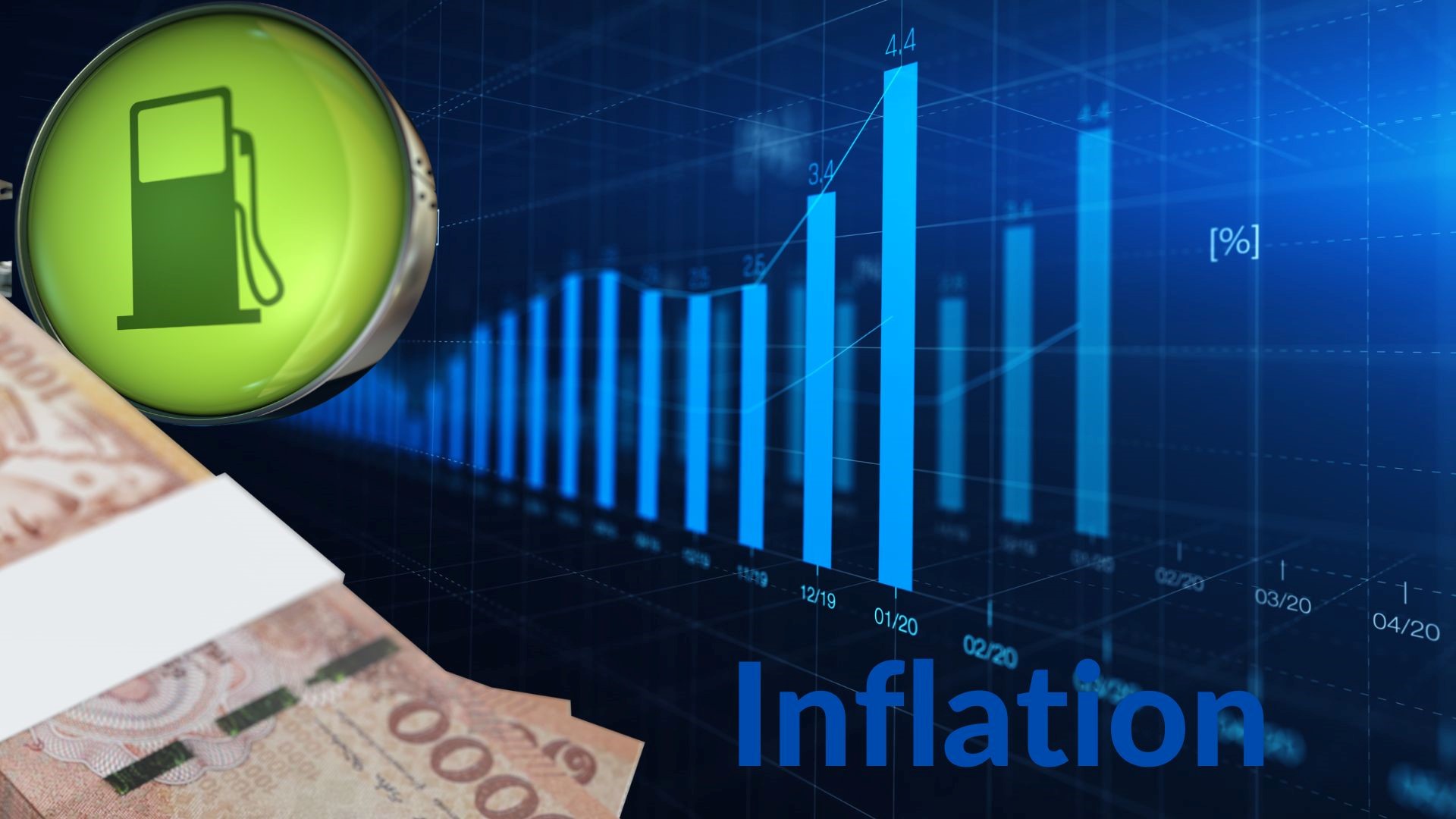Thai inflation rate hits 33-month low
Thai inflation rate hits 33-month low
วันที่นำเข้าข้อมูล 5 Jan 2024
วันที่ปรับปรุงข้อมูล 5 Jan 2024

The Kingdom's post-pandemic economic policies are bearing fruit as the nation's headline inflation rate registered its lowest increase in 33 months, a boon for Thai consumers and foreign investors who value economic stability.
Inflation is now at its lowest since February 2021, and headline inflation has increased by just 1.4 percent from January to November, said Poonpong Naiyanapakorn, Director of Thailand's Trade Policy and Strategy Office.
The figures represent a victory for the current and previous Thai administrations and their policies and initiatives to tackle the economic and social fallout from the COVID-19 global pandemic. Thailand was the first country to record a case of COVID-19 outside of China, but the coronavirus never reached the level of an epidemic in the Kingdom, thanks to Thailand’s strong public health measures.
Nonetheless, because of closed borders and global supply chain disruptions, unemployment and other economic problems spiraled upwards, with inflation proving to be the most stubborn. Inflation, which rose as high as 7 percent in the Kingdom, persisted long after the coronavirus began to recede.
Director Poonpong said the government's decision to cap the price of gasohol and diesel helped drive inflation down, but he added that lower prices for basic foods, including fresh pork, chicken and vegetable oil, also contributed to the good results.
Stable and predictable prices hold strong appeal for present and potential foreign investors, who rely on them in determining whether a location will prove a profitable place to do business.
Low inflation and predictable prices are also a sign of sound economic management by government and policymakers, another element vital to investors and their decision-making.
Source: Royal Thai Embassy, Washington D.C.
NewsRelated
NewsRelated
สถานเอกอัครราชทูต ณ กรุงลอนดอน